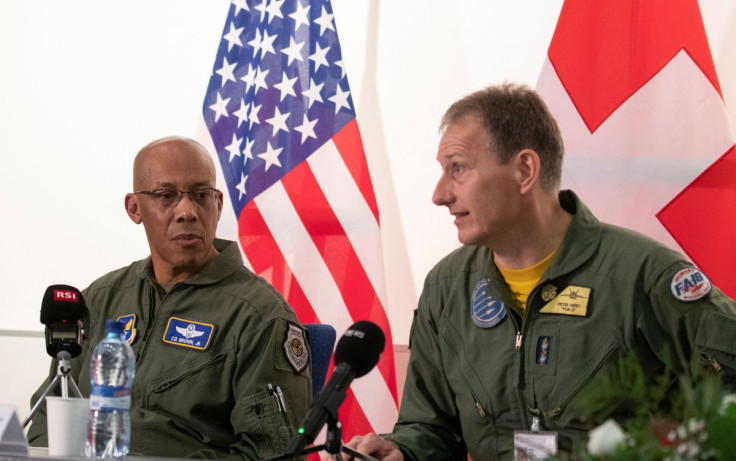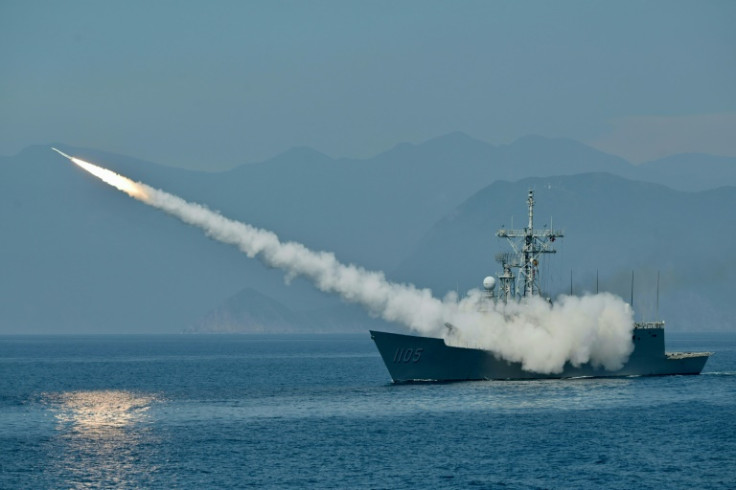China Invasion Of Taiwan Is Not 'Imminent,' Predictions 'Not Necessarily Helpful': US General

KEY POINTS
- US Air Force Chief of Staff General Charles Brown said the goal is to avoid an escalation of conflict
- The statement came after several U.S. officials released some speculations about the conflict
- PLA aircraft and naval vessels have been spotted once again in Taiwan's territory
A United States general has called out predictions on China's possible invasion of Taiwan, saying that a military attack was not "imminent" and that predictions about the conflict would not be helpful.
In a discussion by the think tank Brookings Institution on Monday, U.S. Air Force Chief of Staff General Charles Brown said that the country's goal is to avoid an escalation of conflict altogether.
"I don't see that conflict is imminent or inevitable," he said, as quoted by the South China Morning Post. "The goal is to avoid it, and so not knowing when things might occur, my goal is to be ready today, tomorrow, next week, next year, next decade."
Brown added that speculation that a conflict in the Taiwan Strait might break out soon was not necessarily helpful.
"I've been disappointed by some of the comments that have been made [about conflict time frames] because it takes away from what we're really trying to do, which is to make sure we're going to be ready."
Earlier, General Mike Minihan, the head of the U.S. Air Mobility Command (AMC), said his "gut" told him that the U.S. would be fighting with China in 2025, according to a report by The Guardian.
"I hope I am wrong. My gut tells me we will fight in 2025," Minihan wrote in a leaked memo dated Feb. 1, as quoted by the outlet. "Xi's team, reason, and opportunity are all aligned for 2025."
Minihan's prediction stemmed from the statements made by the former head of the U.S. Indo-Pacific Command Philip Davidson in 2021, saying that the Chinese threat to Taiwan would happen in the next six years. The timeline provided by Davidson is now referred to as "the Davidson window."
Meanwhile, analysts said that Minihan's statement offered no evidence beyond his "gut" feelings.
"The most charitable interpretation of Minihan's comments was that he was aiming them at his own organization to spark change," Blake Herzinger, a nonresident fellow at the American Enterprise Institute, said, as quoted by the Guardian. "The part that doesn't make sense is releasing a memo with this sort of inflammatory language, unclassified, basically guaranteeing it would leak."
Michael O'Hanlon, the director of research in foreign policy at the Brookings Institution research group, also reportedly said that the memo was "very unwise, and potentially dangerous."
China has been provoking Taiwan, with the latest People's Liberation Army (PLA) aircraft and naval vessels sighted on Tuesday in Taiwan's air space and waters, per Taiwan's Defense Ministry.

© Copyright IBTimes 2024. All rights reserved.





















